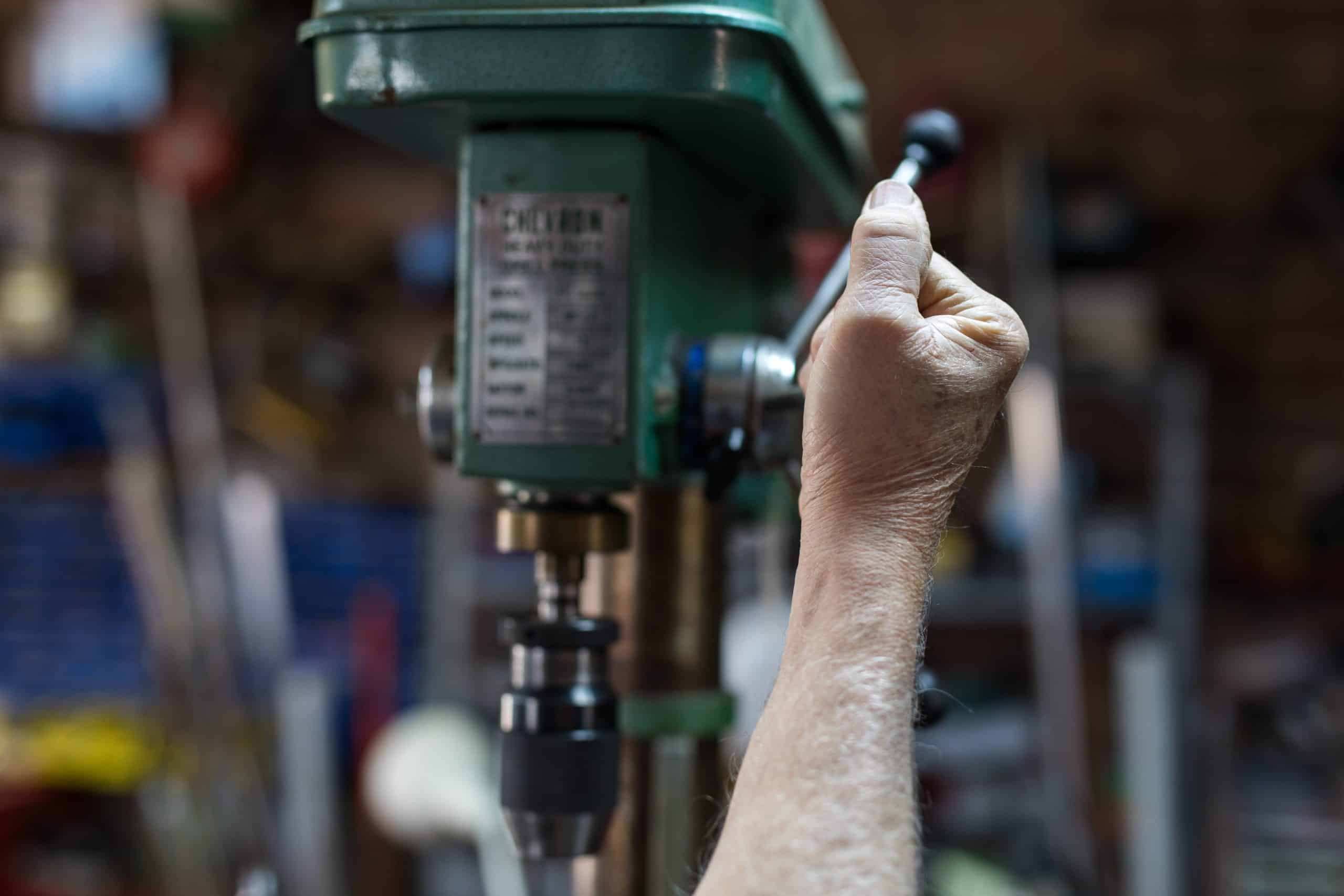What are the prospects for ai in revolutionizing traditional farming?

In the ever-evolving landscape of agriculture, the integration of technology stands as a beacon of progress. The traditional image of farming, with its manual labor and time-honored practices, is undergoing a transformation powered by artificial intelligence (AI) and robotics. As we move further into the 21st century, the question arises: how will these advancements reshape the agricultural industry? The prospects for AI in revolutionizing traditional farming are not mere speculations; they are tangible possibilities that promise to enhance crop yields, inform decision-making, optimize farming practices, and ultimately lead to a more sustainable future.
Transforming Farming with Precision Agriculture
The dawn of precision agriculture has introduced an unprecedented level of accuracy in farming operations. This approach utilizes data-driven insights to tailor farming practices to the needs of individual crops, optimizing the use of resources and enhancing crop health. In this era of precision agriculture, AI plays a pivotal role.
A lire en complément : How to Create an Engaging and Effective Mobile Marketing Campaign for Millennials?
AI systems equipped with machine learning algorithms can analyze vast amounts of data in real time, providing farmers with actionable intelligence. Through the use of sensors, drones, and satellite imagery, AI can monitor crop health, soil conditions, and environmental factors with remarkable precision. This information is invaluable for making informed decisions, such as determining the optimal time for planting, irrigation, and application of crop protection measures.
The benefits of precision agriculture extend beyond increased crop yields. By targeting resources more effectively, farmers can reduce waste and minimize the environmental impact of their operations. The adoption of such technologies signifies a move towards more sustainable farming practices, a goal that is increasingly important in the face of climate change and population growth.
A lire en complément : How Can Startups Maximize Their Growth Potential Through Strategic Partnership and Collaboration?
The Rise of Agricultural Robotics
In the quest for efficiency and sustainability, agricultural robotics have emerged as game-changers. Robots can perform a variety of tasks that were traditionally done by human labor, from seeding and weeding to harvesting and packing. These robots are often embedded with AI and computer vision technologies, which enable them to operate autonomously and adapt to different farming environments.
One of the most significant advantages of agricultural robots is their ability to work around the clock, unaffected by fatigue or adverse weather conditions. This capability can lead to significant time savings and allow farmers to focus on more strategic aspects of farm management. Additionally, robots can perform tasks with a level of precision that is difficult, if not impossible, for humans to achieve. For instance, robots equipped with sensors can detect weeds and deliver pinpoint applications of herbicides, thereby reducing chemical usage and its associated environmental footprint.
As these technologies advance, the role of robots in agriculture will expand, offering solutions to some of the industry’s most pressing challenges, such as labor shortages and the need for sustainable crop protection strategies.
Data-Driven Decision Making
In modern farming, the ability to make informed decisions is paramount. The vast amount of data generated by precision agriculture technologies can be overwhelming, but AI excels at distilling this information into actionable insights. Machine learning algorithms can identify patterns and predict outcomes, helping farmers to anticipate issues before they arise.
For example, predictive analytics can forecast potential pest infestations, allowing farmers to implement preemptive measures rather than reacting to problems after they occur. Similarly, AI can analyze weather data to provide accurate predictions, which can be used to schedule irrigation and harvesting at the optimal times.
The implementation of AI in decision-making processes not only improves the efficiency of farming operations but also contributes to risk management. By leveraging data-driven insights, farmers can minimize losses and ensure the long-term sustainability of their businesses.
Sustainable Farming and Environmental Impact
The global push for sustainability has put the spotlight on the agricultural sector’s environmental impact. Traditional farming practices, while effective, often come at a cost to the environment. AI and precision farming technologies offer a pathway to reduce this impact without sacrificing productivity.
AI-driven systems can optimize the use of water, fertilizers, and pesticides, reducing runoff and pollution. Additionally, AI can aid in soil health management by analyzing soil samples and recommending amendments to improve fertility and structure. By maintaining soil health, farmers can enhance the resilience of their crops and reduce the need for chemical inputs.
The deployment of robotics and AI in farming also contributes to the reduction of greenhouse gas emissions. For instance, autonomous electric tractors and drones can perform tasks that would otherwise require fuel-powered machinery, thereby cutting down on fossil fuel consumption.
Preparing for the Future of Farming
As we look ahead, the prospect of AI revolutionizing traditional farming is not only promising but inevitable. The agricultural industry must prepare for a future where AI and robotics are integral to farming practices. This includes investing in the necessary infrastructure, such as high-speed internet for rural areas, and providing training for farmers and agricultural workers to operate and maintain new technologies.
Moreover, the development of AI in agriculture must be guided by ethical considerations, ensuring that the technology benefits all stakeholders and does not exacerbate existing inequalities. The collaboration between technologists, farmers, policymakers, and other industry players will be crucial in shaping a future where AI enhances the agricultural landscape.
In conclusion, the prospects for AI in revolutionizing traditional farming are vast and multifaceted. From the meticulous management of crop health to the robust analysis for informed decision-making, AI and robotics are poised to transform agriculture into a more efficient, sustainable, and productive industry. As AI continues to evolve, it will help farmers navigate the complexities of modern agriculture, leading to a future where the symbiosis of technology and tradition yields the richest harvests. The key will be to harness these advancements in a way that respects both the land and those who work it, ensuring a prosperous and sustainable future for farming.
